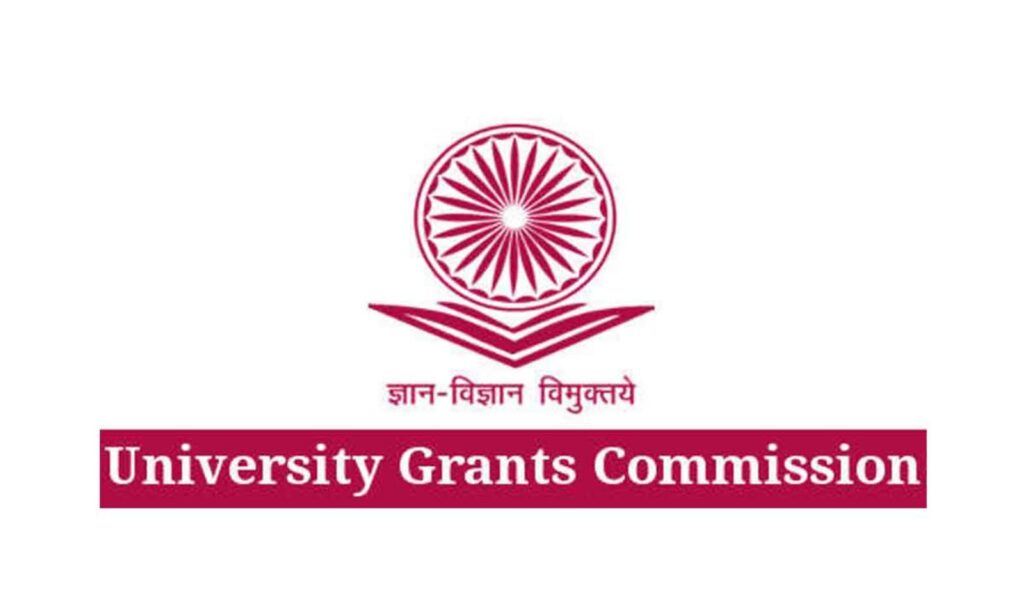Over the decade or so, sustainability has been a part of some major conversations, all over the world. With people and corporates realizing the importance of managing the environment and building a sustainable future, educating the current and future generations about the same has become imperative. With a vision to improve lives, the National University of Singapore offers various post-graduate degrees related to clean, green, and sustainability.
These Master’s degrees can accelerate and future-proof the careers of those who are in the green energy industry or final-year undergraduate students, who are interested in the field of energy systems and sustainability. The three Master’s degrees are MSc (Environmental Management), MSc (Energy Systems), and MSc (Building Performance and Sustainability).
Climate change is a very real and large aspect of our lives now as it has immense effects on our lifestyle, health, livelihood, and our future. Other than glaciers melting and the global warming effects, climate change also causes drought, flooding, and other environmental disasters, which push millions of people across the world into poverty, hunger, homelessness, and disease. Countries are thrown into economic distress, with scores of people lacking even basic amenities like health and education. This further leads to inequality, stagnant economic growth, and conflict. A United Nations report says that by 2030, an estimated 700 million people may be displaced due to drought alone.
The gravity of climate change is such that we need to completely move away from fossil-fuel-based energy systems so that the emission of greenhouse gases is contained. We need to find urgent alternate sources of energy, with sustainable energy systems to build a clean future.
To address the gap in energy and sustainable education and training, NUS’s Master’s degrees are designed in a multi-disciplinary and holistic manner. Due to the nature of the inter-disciplinary subjects, multiple departments are involved in curating the coursework for each of the Master’s degrees.
The MSc in Energy Systems program combines engineering and technology management to equip students with knowledge of energy technologies and innovation so that they can build sustainable energy solutions for Singapore, Asia, and the world. With a clear curriculum detailing energy technologies such as solar, hydrogen, carbon storage and utilization, energy technology investment as well as the economic, legislative, political, and societal influence on energy use, students are enabled to innovate in the energy sector. The course qualifies the learner for positions in every aspect of the energy management sector.
The MSc in Building Performance and Sustainability is offered by the NUS College of Design and Engineering. This program educates graduates of different disciplines such as design, construction, commissioning, operation, and maintenance of building systems and services, about the challenges in the building sector, rapid urbanization in the tropics, issues related to the climate and culture as well as the impact and solutions of building sustainable homes. It eases learners into a paradigm shift that may lead them to create comfortable, healthy, and environmentally sustainable buildings for the future.
Another multi-disciplinary and interdisciplinary Master’s degree program offered by NUS is the MSc in Environmental Management (MEM). It is curated thoroughly by five NUS academic units which are the NUS Business School, NUS College of Design and Engineering, NUS Faculty of Science, NUS Faculty of Law, and the NUS Lee Kuan Yew School of Public Policy. The program was launched 20 years ago and has attracted students from countries all around the globe such as Bangladesh, Canada, China, Finland, France, Japan, Malaysia, Maldives, Mauritius, Myanmar, Nepal, Norway, South Korea, the United Kingdom and the United States of America (USA).
Recognized as a strategic program and NUS flagship course in sustainability by the University Sustainability and Climate Action Council in 2022, MEM’s curriculum provides pedagogical flexibility to students together with a broad multi-disciplinary curriculum. With highly qualified professors and top experts from local and international agencies, the program is also associated with other global universities specializing in environmental studies such as the Yale University School of Forestry and Environmental Studies, USA, and the Nicholas School for the Environmental and Earth Sciences at Duke University. This Master’s degree is internationally recognized and opens doors for students into influential and policy-making roles in both private and public sectors.
NUS aspires to be a global leader in building a clean and green future through quality education and a true passion for innovation. Its Master’s degrees are singularly designed to help learners become future-ready and think exclusively about a sustainable tomorrow.



